With and Without a Pencil at Hand |
PhD Laura Lievevrouw
2020-2024
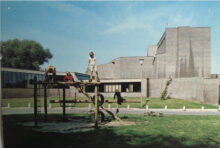
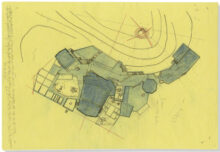
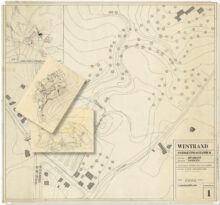
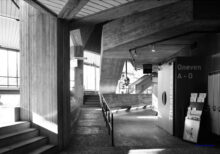
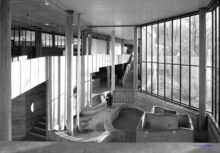
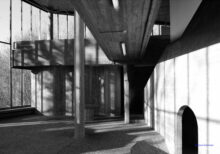
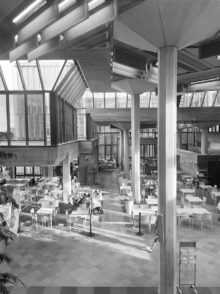
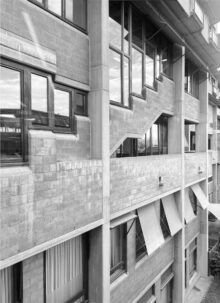
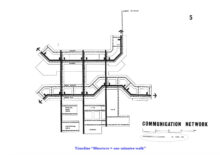
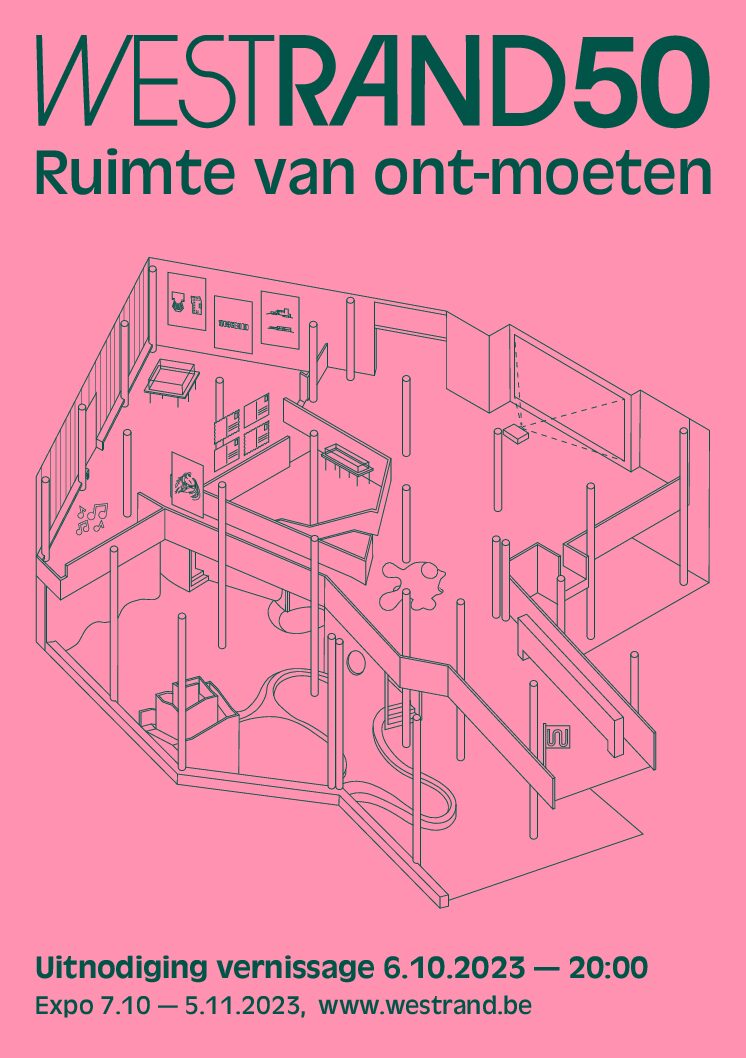
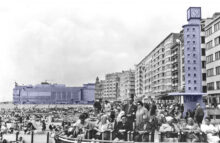
Revisiting Architecture With and Without a Pencil at Hand
A Deep Reading Of 1960s-1970s Design Processes in Flanders
Laura Lievevrouw, KU Leuven
Supervisors: Prof. Caroline Voet and Prof. Fredie Floré
This case-based PhD research revisits architectural design thinking in Flanders during the 1960s and 1970s. It was a period during which a tide of societal changes left its mark on architectural practices. Architectural production at the time was not only vast and evolving due to increasingly complex building programmes. It was also becoming a crucial tool for shaping modern society. Despite their central role in these architectural practices in Flanders, the drawings that served as instruments to cope with these new complexities have remained largely unexamined until this day. To overcome this gap, this research project aims to develop a research lens that combines the study of architecture from the perspective of its conceptualization, tracing back to the designers’ intentions and the fluctuating socio-cultural and historical contexts. This approach is characterized as “with and without a pencil at hand”, encompassing a combination of (re-)reading and (re-)drawing historical artefacts, ranging from literature review, archival research, on-site observations, interviews and, notably, drawing.
This study builds on a deep architectonic reading of two public buildings – Westrand, the cultural center of Dilbeek, designed by Alfons Hoppenbrouwers and Rudi Somers (1967-1973), and Gasthuisberg, the University Hospital of Leuven, designed by Paul Felix, Jan Delrue, and Jan Tanghe (1967-1982) – to iteratively develop this combinatorial research lens while providing insights, aligning closely with the language of design practice. These specific re-readings and re-drawings point to the way architectural design thinking of the 60s and 70s were reinventing building programmes and typologies with a social concern as their guiding design principle.
Laura Lievevrouw is an architect and PhD researcher at KU Leuven’s Faculty of Architecture, Campus Sint-Lucas in Ghent and Brussels. Her research is part of the Pioneering Practices framework under the guidance of Prof. Caroline Voet and co-supervised by Prof. Fredie Floré.